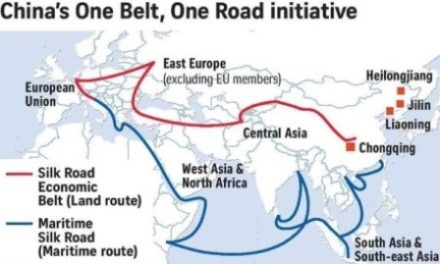
Local industries ask for protection
Local manufacturing companies are crying for government to procure more locally produced products and help boost their margins. According to Hubertus Hamm, managing director of Namibian Dairies, low preferential government procurement of its products is one of the challenges the company faces in terms of performance.
In an electronic interview with the Economist, Hamm said his company gets a negligible 1-2% of its revenues from government, due to the lack of preferential procurement rules in the country, unlike Botswana and other countries. Hamm added that government often sources foreign milk products for its public institutions. Asked what he thinks could be done to ensure local products remain competitive, Hamm said: “Our products are competitive and of the highest quality; I would like more support in levelling the playing field to ensure that foreign products are also produced according to the laws that govern production in Namibia; no use of growth hormones, antibiotic dosing in feed, feed supplements or the planting of genetically modified maize, oats and wheat for use as animal feed to ensure we all have the same constraints.
“RSA does not have these rules and that allows their producers to produce at least 15% more cost effectively”, said Hamm.
Another challenge Hamm noted is the government policy laws that are to the disadvantage of the local economy, such as the Zero VAT rating that is applicable to imported milk as well. Namibia Dairies has a market share of about 35% for the overall dairy products, including butter, cheese and powder milk. Their market share for fruit juice is about 10%, while the water share is at about 30%. Depending on the category, Namibia Dairies has a market share between 10% and 95%.















































